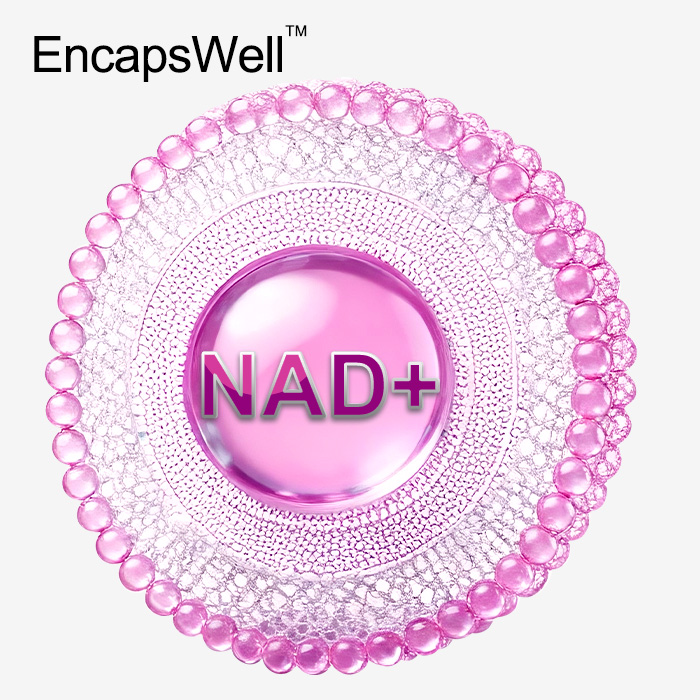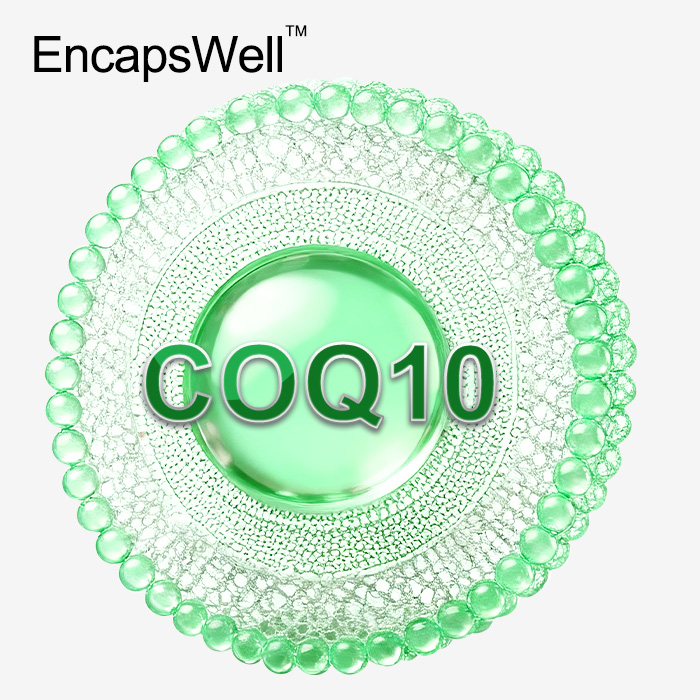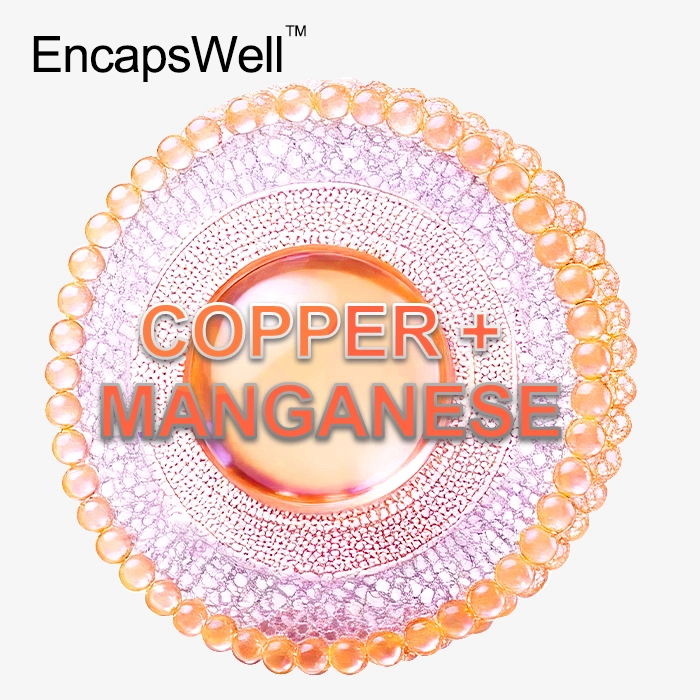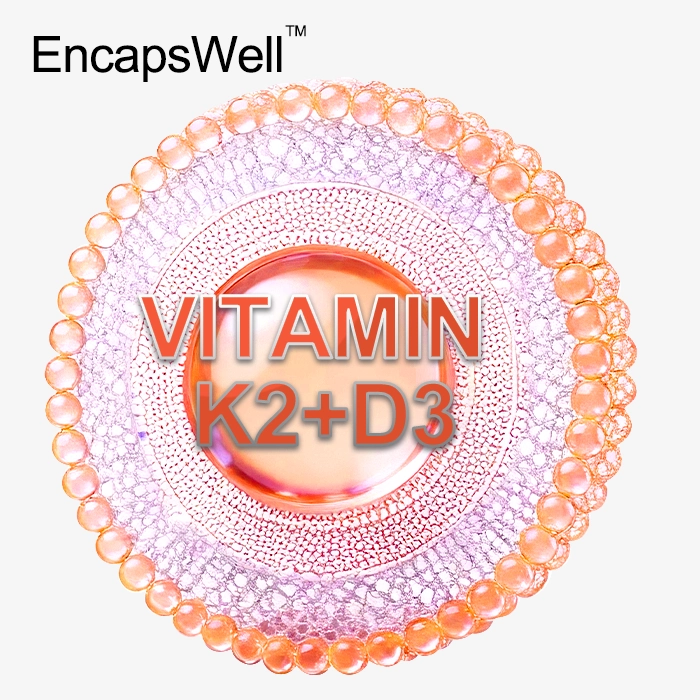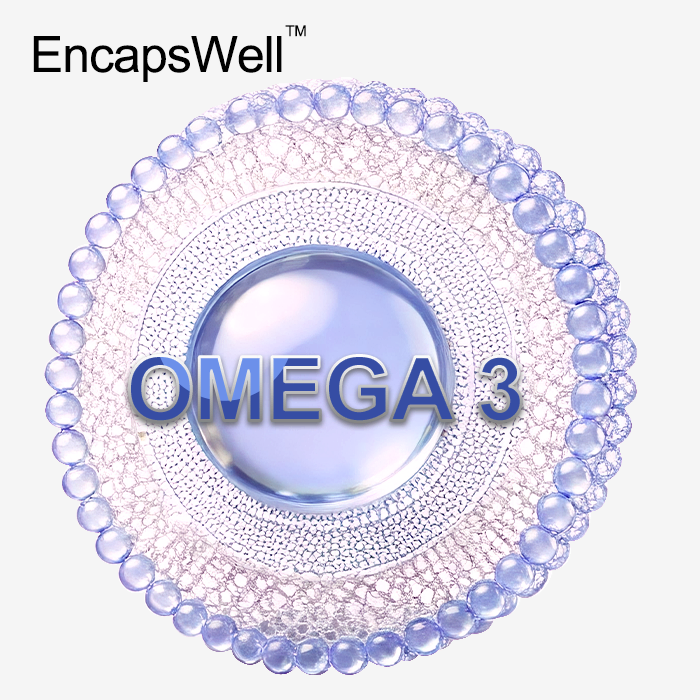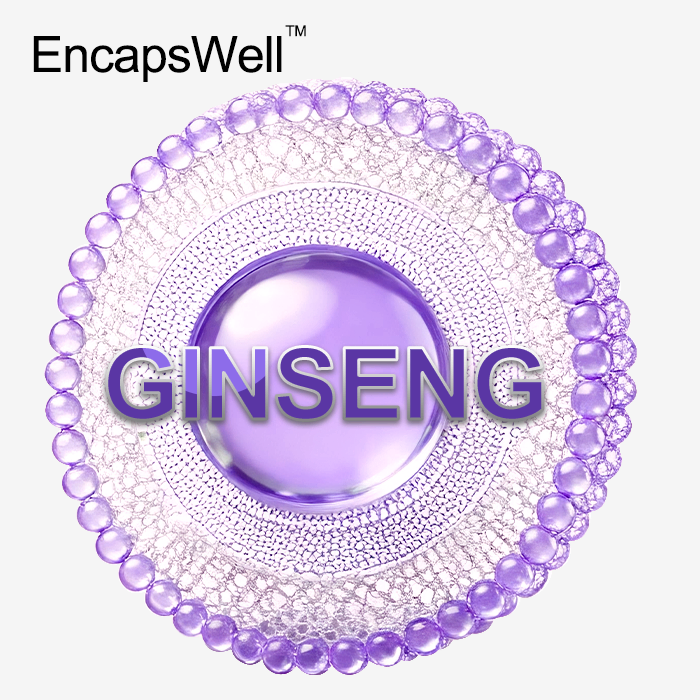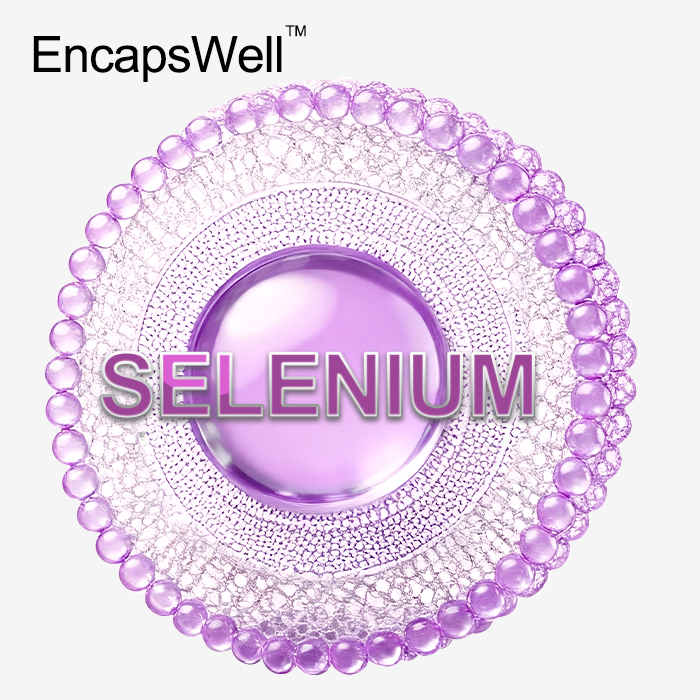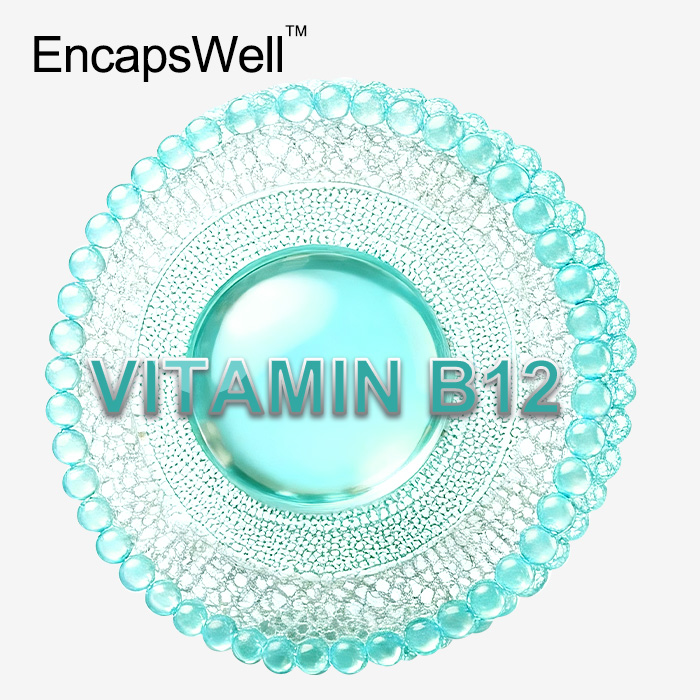What Are the Common Misconceptions About Liposomal Ginseng Quality?
Overemphasis on Ginsenoside Percentage
A prevalent misconception in the liposomal ginseng market is the notion that a higher ginsenoside percentage automatically equates to superior quality. While ginsenoside content is undoubtedly important, it's not the sole indicator of a product's efficacy. Some manufacturers may artificially inflate ginsenoside percentages through less desirable extraction methods, potentially compromising the overall balance of beneficial compounds. Savvy consumers should look beyond raw percentages and consider the full spectrum of ginseng's bioactive components.
Misunderstanding Liposomal Technology
Another common misunderstanding revolves around liposomal technology itself. Not all "liposomal" products are created equal. Some may use subpar encapsulation methods that fail to properly protect and deliver ginseng compounds. True liposomal ginseng supplement should utilize advanced techniques like nano-emulsification or phospholipid bilayer encapsulation. Consumers often mistakenly believe that any product labeled as "liposomal" will offer enhanced bioavailability, without realizing the vast differences in quality and effectiveness among various liposomal formulations.
Neglecting Synergistic Ingredients
A third misconception is the belief that liposomal ginseng alone is sufficient for optimal results. While high-quality liposomal Panax ginseng powder can be potent on its own, it often performs even better when combined with synergistic ingredients. For instance, some formulations may include adaptogens like Rhodiola rosea or supportive nutrients like B-vitamins. Overlooking these potential synergies can lead consumers to miss out on enhanced benefits and more comprehensive support for their health goals.
Ingredient Transparency and Testing Standards to Watch For
Verifying Ginseng Species and Origin
When evaluating liposomal ginseng supplements, it's paramount to verify the exact species and origin of the ginseng used. Panax ginseng (Asian ginseng) and Panax quinquefolius (American ginseng) have different properties and traditional uses. Reputable manufacturers will clearly state which species they use and provide information on its sourcing. Look for products that use sustainably harvested, authentic ginseng from renowned growing regions. Be wary of vague labeling that doesn't specify the ginseng type or its origin, as this could indicate inferior quality or even adulteration.
Third-Party Lab Testing Protocols
Rigorous third-party testing is a hallmark of high-quality liposomal ginseng powder. Beyond basic purity tests, look for products that undergo comprehensive analysis for ginsenoside profiles, heavy metals, pesticides, and microbial contamination. Advanced testing methods like HPLC (High-Performance Liquid Chromatography) can provide detailed insights into the concentration and types of ginsenosides present. Companies committed to transparency will make these test results readily available to consumers, often through QR codes on packaging or easily accessible online databases.
Liposomal Encapsulation Efficacy Measures
The effectiveness of liposomal delivery is crucial for maximizing the bioavailability of ginseng compounds. Look for products that provide data on their liposomal encapsulation efficiency. This might include measurements of particle size distribution, zeta potential (a indicator of stability), and encapsulation rate. Some advanced manufacturers may even offer in vitro or in vivo studies demonstrating improved absorption compared to standard ginseng extracts. Be cautious of products that claim liposomal benefits without providing any supporting evidence for their encapsulation technology.
Ensuring Optimal Effectiveness Through Proper Product Evaluation
Assessing Stability and Shelf Life
The stability of liposomal ginseng supplements is crucial for maintaining their potency over time. Look for products that have undergone accelerated stability testing and provide clear expiration dates. High-quality liposomal formulations should maintain their integrity for at least 18-24 months when stored properly. Be wary of products with unusually long shelf lives, as this may indicate the use of excessive preservatives or subpar liposomal technology. Additionally, consider the packaging – dark glass bottles or opaque, airtight containers help protect the product from light and oxidation, further preserving its efficacy.
Dosage Accuracy and Consistency
Proper dosing is essential for experiencing the full benefits of liposomal ginseng. Evaluate products based on their dosage accuracy and consistency. Look for manufacturers that use precise measuring techniques and provide clear, standardized dosing instructions. Some advanced formulations may offer innovative delivery systems like single-serve sachets or metered droppers to ensure accurate dosing. Be cautious of products with vague or inconsistent dosage information, as this can lead to under- or over-consumption, potentially affecting the supplement's effectiveness or safety.
Bioavailability Enhancers and Complementary Ingredients
While liposomal technology itself enhances bioavailability, some formulations go a step further by incorporating additional bioavailability enhancers or complementary ingredients. For example, certain products may include black pepper extract (piperine) to further boost absorption. Others might combine liposomal ginseng with adaptogenic herbs or supportive nutrients that work synergistically. When evaluating products, consider whether these additional ingredients align with your health goals and have scientific backing for their inclusion. However, be cautious of formulations that contain too many ingredients, as this can sometimes dilute the potency of the ginseng itself.

Conclusion
Navigating the world of liposomal ginseng supplements requires careful consideration and informed decision-making. By understanding common misconceptions, prioritizing ingredient transparency, and thoroughly evaluating product quality, you can avoid pitfalls and select a supplement that truly delivers on its promises. Remember to look beyond marketing hype and focus on scientific evidence, third-party testing, and proven liposomal technology. With the right approach, you can harness the full potential of liposomal ginseng powder to support your health and wellness goals effectively and safely.
FAQs
What makes liposomal ginseng different from regular ginseng supplements?
Liposomal ginseng utilizes advanced encapsulation technology to protect ginsenosides and enhance their absorption, potentially increasing bioavailability by 4-6 times compared to standard extracts.
How do I know if a liposomal ginseng product is high-quality?
Look for products with clear ginsenoside content (≥10%), third-party testing certifications, and evidence of effective liposomal encapsulation. Reputable manufacturers will provide detailed information on their extraction and encapsulation processes.
Can liposomal ginseng be customized for specific formulations?
Yes, many manufacturers offer customization options, including adjustable potency (5%-15% ginsenosides), various dosage forms (powders, liquid sachets, softgels), and the ability to add complementary ingredients for targeted health benefits.
Expert Liposomal Ginseng Solutions | EmerWell
At EmerWell, we specialize in cutting-edge liposomal ginseng formulations tailored to your brand's unique needs. Our EncapsWell™ technology ensures superior bioavailability and stability, backed by rigorous scientific testing. As a leading supplier, manufacturer, and factory for liposomal supplements, we offer comprehensive OEM/ODM services to bring your vision to life. Experience the difference of pharmaceutical-grade quality combined with nature's wisdom. Contact us at info@emerwell-bio.com to elevate your ginseng products today.
References
Kim, J.H., et al. (2018). "Red ginseng and vitamin C increase immune cell activity and decrease lung inflammation induced by influenza A virus/H1N1 infection." Journal of Pharmacy and Pharmacology, 70(9), 1184-1199.
Lemerond, T. (2019). "Liposomal Delivery of Nutraceuticals: Benefits and Challenges." Integrative Medicine: A Clinician's Journal, 18(4), 18-21.
Iqbal, S., et al. (2017). "Ginseng: A dietary supplement as immune-modulator in various diseases." Trends in Food Science & Technology, 68, 83-94.
Lee, S.M., et al. (2020). "Ginsenoside compositions and methods for their preparation and use." U.S. Patent Application No. 16/484,454.
Choi, K.T. (2008). "Botanical characteristics, pharmacological effects and medicinal components of Korean Panax ginseng C A Meyer." Acta Pharmacologica Sinica, 29(9), 1109-1118.
Saw, C.L., et al. (2012). "Pharmacodynamics of ginsenosides: antioxidant activities, activation of Nrf2, and potential synergistic effects of combinations." Chemical Research in Toxicology, 25(8), 1574-1580.

